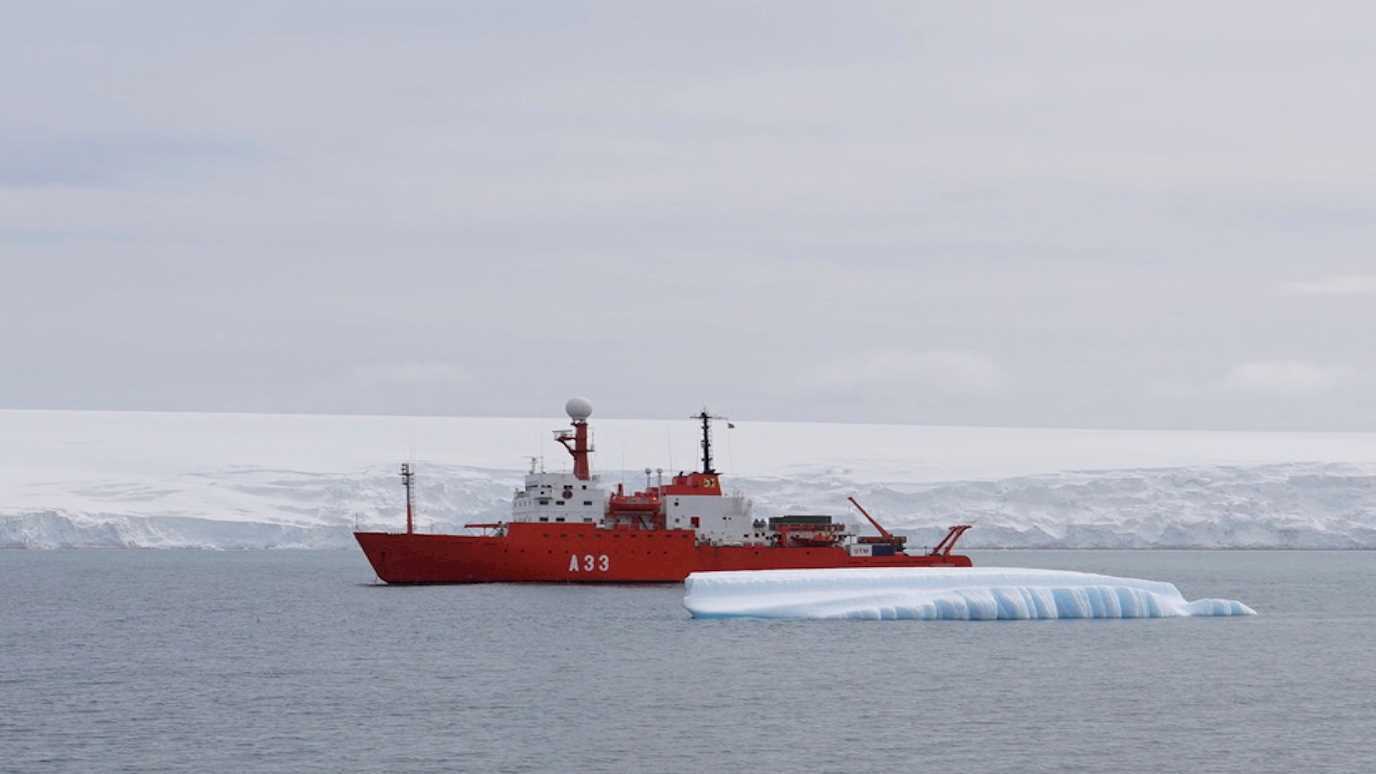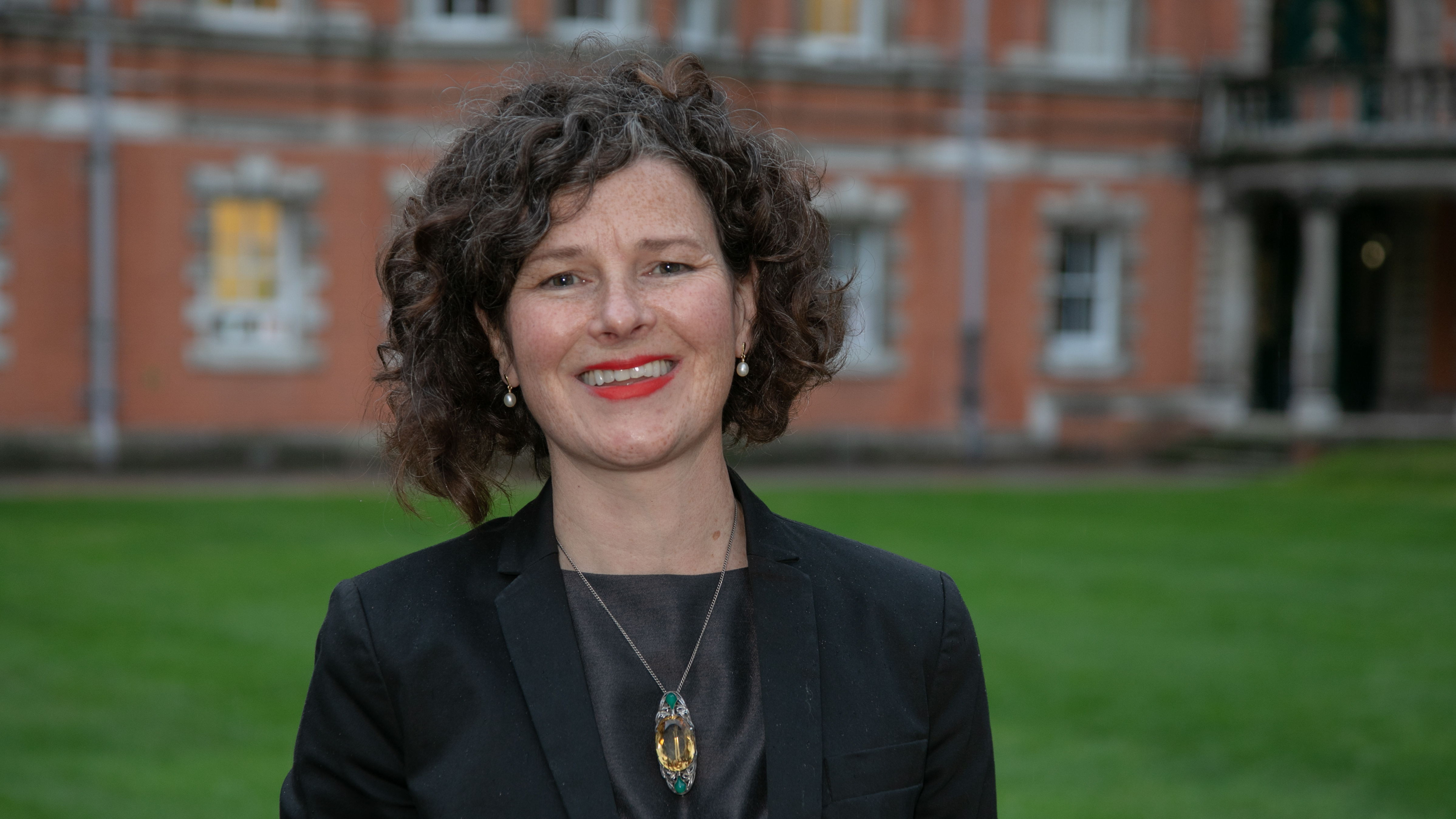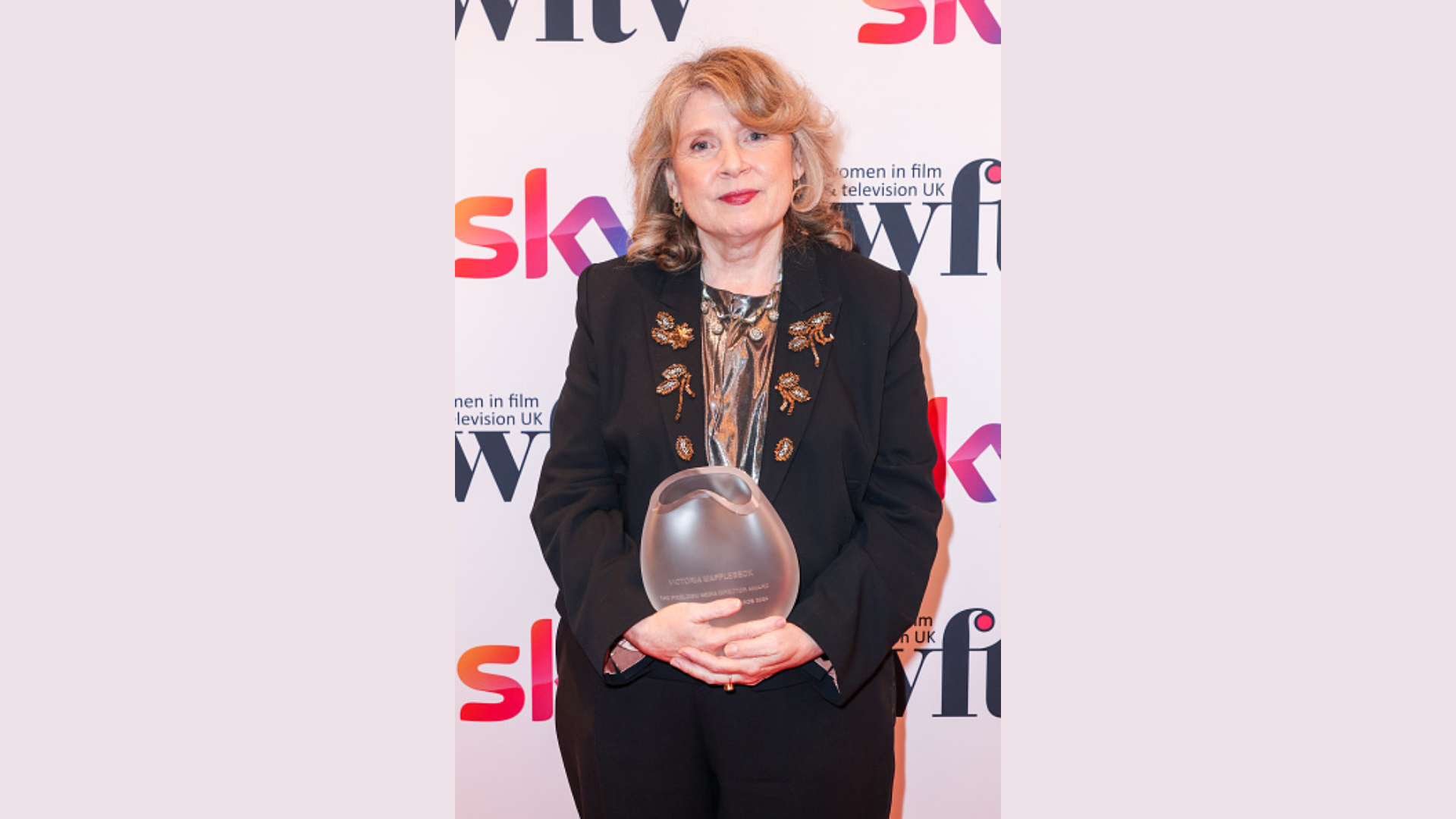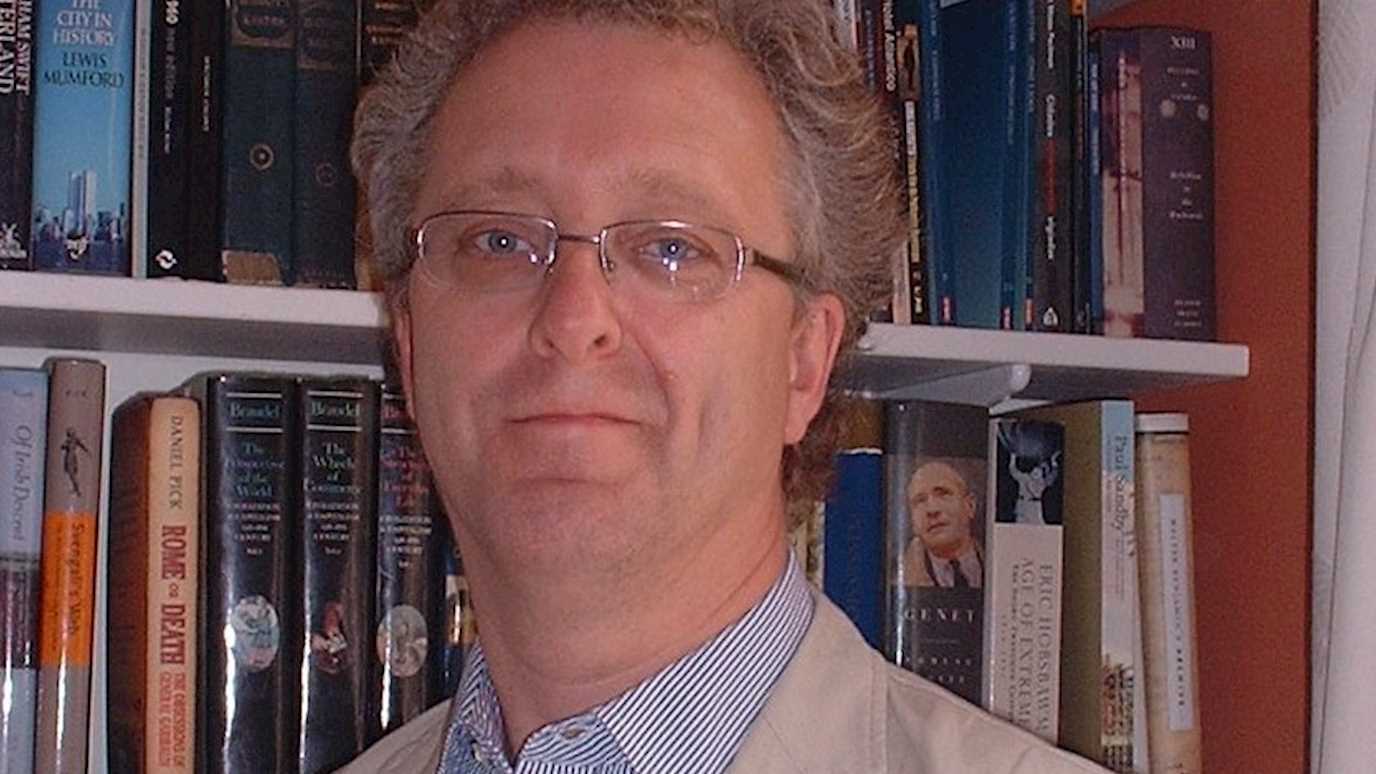Professor Javier Hernandez-Molina, a specialist in marine sedimentary processes from the Department of Earth Sciences at Royal Holloway, University of London, will join a group of international researchers this month on the DRACC2022 Antarctic oceanographic cruise.

They are aiming to identify the ages of the main events that lead to the separation of Antarctica from South America and evaluate the implications it had on the ocean circulation and climate change in the past.
The researchers from the UK, Spain, USA, France and the Geological Survey of Denmark and Greenland will be studying the development of the Antarctic Circumpolar Current (ACC) and its relationship with global climate change and the Antarctic ice caps.
The DRACC2022 Antarctic oceanographic cruise will be on board the HESPERIDES Oceanographic Research Vessel between 7 February and 15 March 2022.
Approximately 200 million years ago, Earth’s southern hemisphere was occupied by the Gondwana supercontinent. The central piece of this continent was Antarctica, and attached to it were the continents that would later become South America, Africa, Australia, New Zealand, Hindustan and Madagascar.
20 million years after, the breakup and progressive separation of the Gondwanan continents began and the last two pieces to break apart were the Antarctic connections to Tasmania and South America.
The opening of the oceanic passages of Tasmania and Drake, between the Antarctica Peninsula and South America, favoured the development of the ACC, which connects all the southern oceans. The ACC plays a very important role in the Earth’s climate, through the distribution of heat, nutrients, salt, carbon and the exchange of gases between the atmosphere and the ocean. Despite its importance in the terrestrial Climate System, there are still unknowns and controversies about its origin and evolution.
Professor Javier Hernandez-Molina from Royal Holloway, said: “The climate warming that our planet is suffering is expected to strengthen the westerly winds of the southern hemisphere and cause a shift of the Antarctic Circumpolar Current (ACC) towards the pole.
“The consequences of this displacement include the transport of heat and carbon and the stability of certain sectors of the Antarctic ice caps and at sea level. To put these changes in perspective, it is essential to improve our knowledge of the tectonic, oceanic and climatic conditions that have led to the beginning and subsequent variations of the ACC, with an emphasis on the study of past warm episodes with high concentrations of atmospheric CO2 and elevated temperatures, such as those expected during this century (IPCC 2013).
“During the Antarctic cruise, we will study the structure of the earth’s crust and past environmental conditions, including the evolution of the Earth’s climate. Specifically, we will study the Powell and Ona ocean basins and the South Orkney Microcontinent. The geophysical and geological studies are focused on revealing the tectonic processes, and oceanographic and climatic conditions existing between 35 and 17 million years.”
This oceanographic cruise will provide new data for decoding some key environmental changes in the past and Professor Javier Hernandez-Molina and his research group, The Drifters, from the Department of Earth Sciences will have the opportunity to determine the changes in the ocean circulation in the past.
























